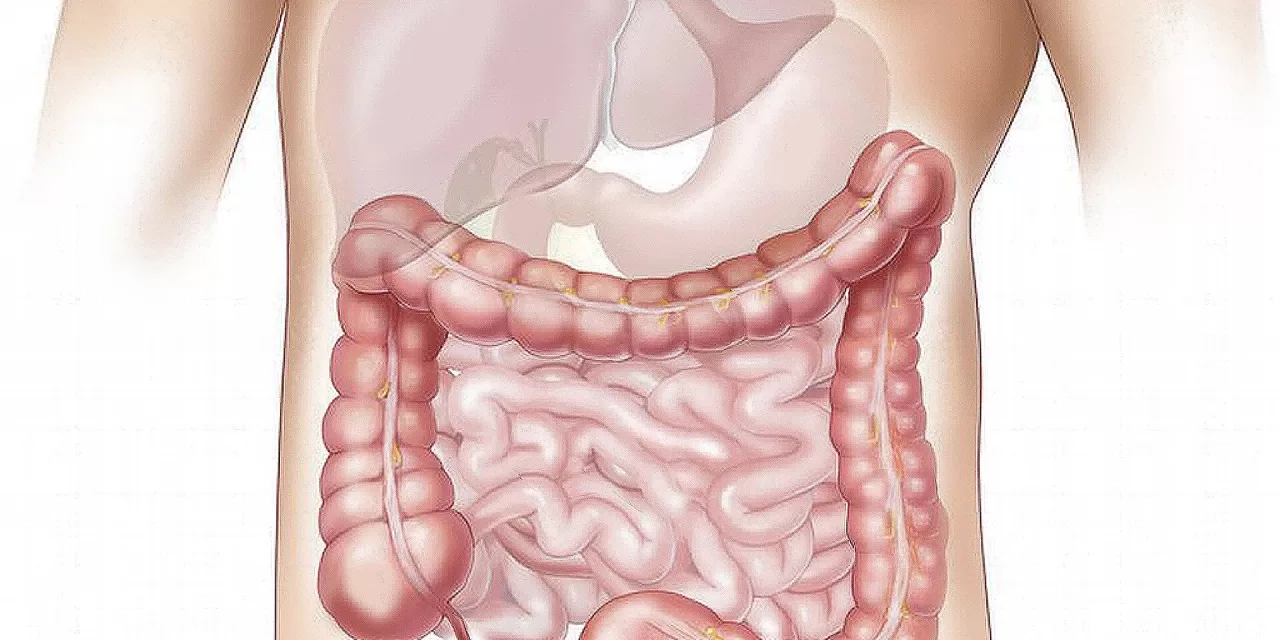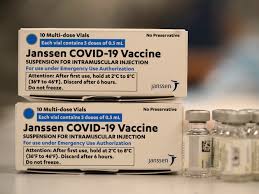A groundbreaking clinical trial has unveiled a new and promising treatment for soil-transmitted helminths (STH), a group of parasitic infections that impact approximately 1.5 billion people worldwide. The trial, conducted by the STOP consortium and led by the Barcelona Institute of Global Health (ISGlobal), demonstrated that a combination tablet of albendazole and ivermectin is both safe and more effective than albendazole alone in treating Trichuris trichiura and other STH infections.
The study, titled “Albendazole–ivermectin co-formulation for the treatment of Trichuris trichiura and other soil-transmitted helminths: a randomized phase 2/3 trial,” was published in The Lancet Infectious Diseases and offers new hope for controlling neglected tropical diseases, particularly in endemic areas of Latin America, Asia, and sub-Saharan Africa.
Soil-transmitted helminthiases are caused by parasitic worms such as Ascaris lumbricoides, Trichuris trichiura, and hookworms. These infections are often spread through contact with contaminated soil or water and have a significant impact on nutrition and overall health, especially in vulnerable populations like children and women of reproductive age. Current treatments, including the widely used albendazole, have shown decreasing efficacy, particularly against Trichuris trichiura and Strongyloides stercoralis, another significant parasite.
The new treatment tested by the STOP consortium combines albendazole with ivermectin, a drug known for its effectiveness against T. trichiura and S. stercoralis. Researchers believe that the combination, delivered as a single, easy-to-administer pill, will also help reduce the risk of drug resistance, which is a growing concern with current treatments.
“This fixed-dose co-formulation (FDC) has several advantages. It is easy to administer, as it is one single pill and does not require dose adjustments based on the child’s weight,” explained project leader José Muñoz, ISGlobal researcher and Head of the International Health Service at Hospital Clinic Barcelona. “We also hope that combining two drugs with different mechanisms of action will reduce the risk of the parasites becoming drug-resistant.”
Phase III Clinical Trial
The ALIVE clinical trial was conducted in Ethiopia, Kenya, and Mozambique, focusing on school-aged children aged 5 to 18 years who were infected with T. trichiura, hookworms, S. stercoralis, or a combination of these parasites. Participants were randomly assigned to three treatment groups: one group received a single dose of albendazole, another received one dose of the FDC (FDCx1), and the third received three doses of the FDC over three consecutive days (FDCx3).
Phase II of the trial, which concentrated on safety, revealed no serious adverse effects. The side effects observed were similar to those seen with albendazole alone, allowing the trial to proceed to Phase III, where the efficacy of the treatment was evaluated in a larger group. A total of 4,353 children were screened for STH infections, and 1,001 were randomized for treatment.
Significant Efficacy Gains
The findings from Phase III were striking. For T. trichiura, the FDC demonstrated significantly higher cure rates—97% for the FDCx3 regimen and 83% for the FDCx1 regimen—compared to a mere 36% cure rate with albendazole alone. Similarly, for hookworm infections, the FDCx3 regimen achieved a 95% cure rate, compared to 79% with FDCx1 and 65% with albendazole. Although the sample size for S. stercoralis was too small to draw definitive conclusions, evidence suggests that the FDC would be more effective against this parasite as well.
Both FDC regimens also showed greater reductions in egg counts in stool samples, an indicator of parasite burden, when compared to albendazole.
Public Health Impact
The trial’s results have significant implications for public health, particularly for regions affected by STH. Alejandro Krolewiecki, clinical trial coordinator, emphasized, “This is a pivotal trial that opens up the possibility of controlling all species of STH, including Strongyloides, and may lead to reconsidering elimination goals that were deemed unattainable with albendazole alone.”
The next step will involve larger-scale studies, such as those led by STOP2030, to further evaluate the FDC’s safety and effectiveness in mass deworming campaigns. There will also be a focus on developing strategies for the FDC’s integration into national treatment programs.
“With its child-friendly formulation—orodispersable and mango-flavored—and its high acceptance, this tablet holds great potential for advancing health outcomes in regions affected by these diseases,” noted Stella Kepha, a researcher from the Kenya Medical Research Institute (KEMRI).
This new treatment represents a major step forward in combating soil-transmitted helminths and improving public health in endemic regions.
For more information, see the full study: Krolewiecki A, et al. Albendazole–ivermectin co-formulation for the treatment of Trichuris trichiura and other soil-transmitted helminths: a randomised phase 2/3 trial, The Lancet Infectious Diseases (2025). DOI: 10.1016/S1473-3099(24)00669-8.











